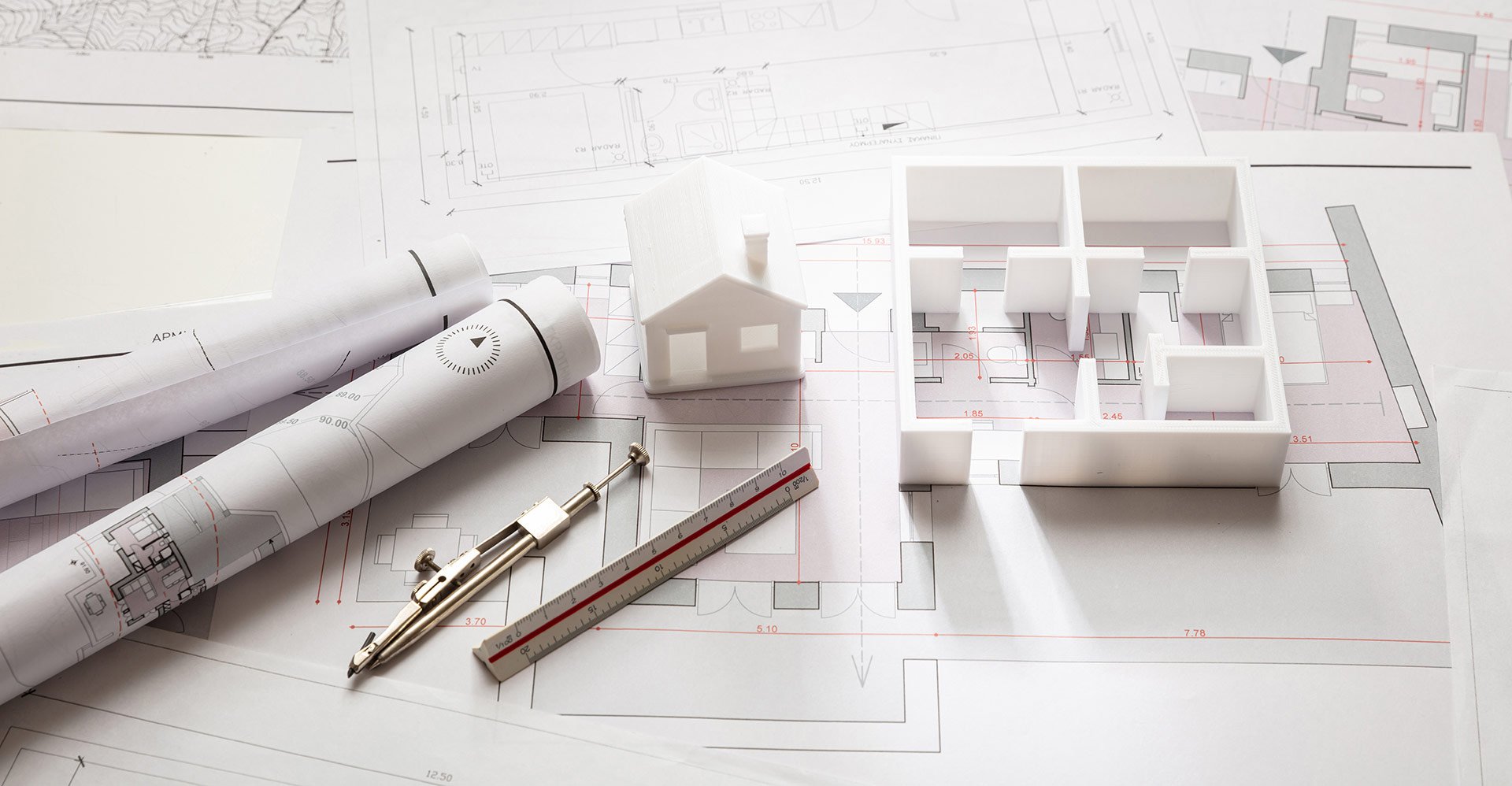
As in most manufacturing industries, streamlined operations, service efficiency, efficient capacity usage and fast lead times are key to operational control in the house manufacturing industry. The industry also has specific characteristics which, if managed effectively, can be a key factor in gaining a competitive advantage, and thus a successful business. Optimally, ERP helps manage the flow of materials, finances, and information in the building industry.
The challenge of prefabricated house manufacturers is that customers want personalized and customized solutions, while sales and production processes must be kept efficient. Prices and delivery times will otherwise spiral out of control, and you miss out on deals.
There are many variations in the customer base and demand for prefabricated house manufacturers. The buyer can be an end-user or a construction company, and the items for sale can be complete house packages or building components. Customers’ choices are guided by varying factors such as price, security of supply and quality. However, it is common that customers particularly appreciate the flexibility and customizability of a manufacturer’s offer, as well as the ability to meet delivery deadlines.
Due to the wide range of requirements and wishes of different customers, it is particularly important for a prefabricated house manufacturer to operate cost-effectively, use its capacity as efficiently as possible, and ensure fast turnarounds – whether for material deliveries or for a wider range of delivery contents. The speed of throughput is even more important right now, due to the constant increase in the price of timber materials, as price increases between the time of sale and delivery practically fall into the hands of the manufacturer.
Streamlining the process and using supportive technology
Optimally, a prefabricated house manufacturer’s operations are managed on the basis of logical and streamlined processes, supported by an efficient and modern ERP system. Experience shows us that neither of these provide separately the most effective solution in the competitive market of house manufacturing, but it is the combination of processes and a supporting system solution that provides the needed extra boost.
Given the characteristics of manufacturers’ sales articles, one of the key aspects of smooth delivery is the very first step: the bidding and sales process. Already at this stage, the entire supply chain and the detailed product structures must be considered as carefully as possible to ensure that prices and delivery times are feasible and profitable for the company, and that the offer is still competitive in the eyes of the customer.
Prefabricated house packages and house collections make the work easier, as the focus can be on tailoring the overall pre-designed solution to the specific needs of each customer. Secondly, the work is facilitated by an ERP system, where the combination of preselections and customizations can be stored quickly, reliably, and without human intervention. Competitiveness is also enhanced by the fact that more bids can be calculated at the same time when planning and calculating is convenient.
Effective ERP covers all core processes and business areas of the manufacturer, so it not only benefits internal staff, but also subcontractors, customers, and other stakeholders.
Just as in the bidding and sales process, the combination of a carefully thought-out operating model and an efficient ERP system also helps downstream in the chain, from planning control to procurement, from warehousing to logistics, and from site management to finance and cash management.
Effective ERP covers all core processes and business areas of the manufacturer, so it not only benefits internal staff, but also subcontractors, customers, and other stakeholders. It is easier to agree on practical matters with suppliers of timber, windows, doors, and insulation, for example, when the manufacturer’s own processes are well managed and all the relevant information is available in a joint system, reliably and in real time.
Most importantly, flexible and efficient ERP improves business profitability by focusing time and effort on the right things, minimizing unproductive work, and ensuring that information flows reliably and efficiently in the same format throughout the supply chain. At the same time, efficient production can be combined with the flexibility that customers want.
Read more
A checklist for comparing ERP systems – what is important to consider?
From sales to installation – a modular ERP system makes room for growth
Total ERP by Pinja – an ERP system that keeps your company’s processes flexible and changeable

Ari Harjula
I work at Pinja as the head of Total business unit. In addition to our ERP solutions, I help our customer companies streamline business and knowledge management with various BI and integration solutions. In my work, I am particularly inspired by interesting customerships and solving customers' diverse challenges. Due to my background in industrial economics and process industry, the company’s production processes as well as building bridges between technology, people and commerce are close to my heart.
Back to the Pinja Blog
Categories
- Career at Pinja (68)
- Manufacturing (48)
- Knowledge Management (45)
- Production Development (44)
- Software Partnership & Tools (42)
- Sustainability (37)
- Wood and Forestry (37)
- Bioenergy and Recycling (27)
- IT Support and Outsourcing (24)
- Ecommerce (23)
- Maintenance (22)
- Artificial Intelligence and Machine Learning (15)
- Public Services (9)
- Compliance (1)